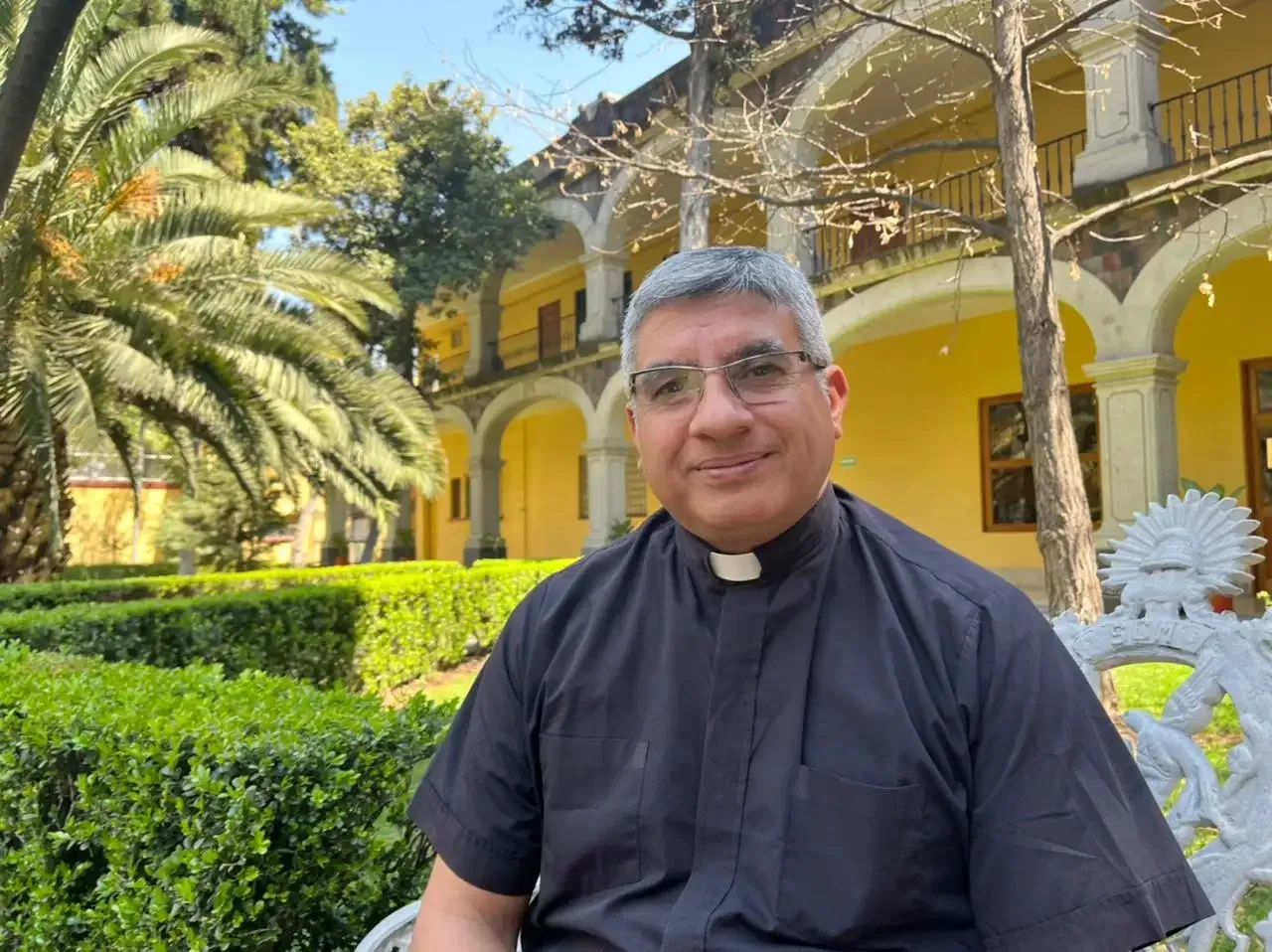Priest Laments That Economic Sanctions Are Preventing Post-War Recovery and Reconstruction in Syria
The sanctions have affected rebuilding after more than a decade of civil war and have hampered humanitarian work in the aftermath of the earthquake that struck the region on Feb. 6, along with its multiple aftershocks.

Father Hugo Alaniz, an Argentine missionary of the Institute of the Incarnate Word in Aleppo, Syria, called for an end to the economic sanctions against the nation that he says have prevented the country from recovering from the ravages of war and earthquakes.
Father Alaniz was one of the presenters at the “Night of the Witnesses,” an event held in Mexico organized by the Pontifical Foundation Aid to the Church in Need (ACN).
In a March 7 interview in Mexico City with ACI Prensa, CNA’s Spanish-language news partner, the missionary stressed that Syria is going through a “very sad economic situation.”
“The economic blockade is causing great suffering today,” said the priest, who also lamented that “people don't have jobs, and those who work have very low salaries.”
“Families at this time need to be helped by other institutions outside the country and by the Church,” he said.
Father Alaniz noted that Christians in Syria “appreciate this help, but what we want is for the country to recover on its own.”
Since 2011, the United States and the European Union, among others, have imposed various economic sanctions on Syria in an effort to weaken the current regime of President Bashar al-Assad, who has been accused of human-rights violations.
The sanctions have affected Syria's ability to rebuild after suffering from more than a decade of civil war and have hampered humanitarian work in the aftermath of the earthquake that struck the region on Feb. 6, along with its multiple aftershocks.
In early February, Syrian Christian leaders called on the international community to lift economic sanctions, in order to facilitate jobs and humanitarian aid.
Father Alaniz lamented the situation in Syria, “first with the war, then postwar. What comes after the war are difficult situations.”
These “situations,” he continued, “unfortunately often lead to actions far from Christian morality because people are immersed in many needs.”
“The consequences were very sad, especially in Turkey, but it also greatly affected northern Syria, where the city of Aleppo is also located,” the missionary said.
“On Feb. 20, there was another earthquake; and now the aftershocks continue. After the first earthquake, there were at least 50 aftershocks a day.”
Father Alaniz noted that “our mission is the mission of the Church; it’s to give a vision of faith; it’s life with hope. What’s curious is that, many times, it is they, it is these families that are conveying this message to us.”
The missionary priest stressed that “the Church these days is on a mission to be welcoming, to be close to families, especially Christians, but also Muslim families.”
He explained: “All the churches, all the parish centers, opened to receive the people in this time of fear, due to the issue of earthquakes and tremors.”
This story was first published by ACI Prensa, CNA’s Spanish-language news partner. It has been translated and adapted by CNA.
- Keywords:
- aleppo, syria
- syria
- earthquakes

















